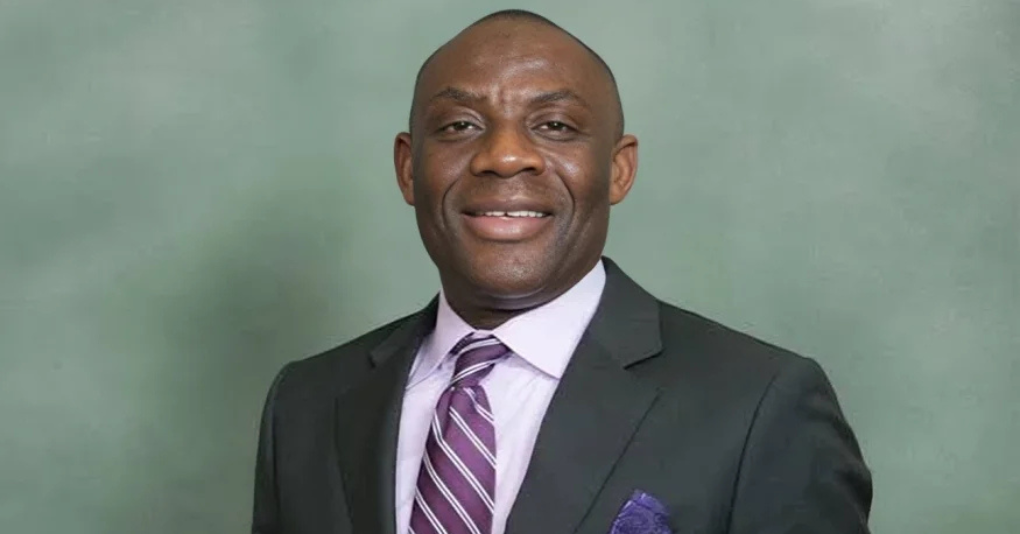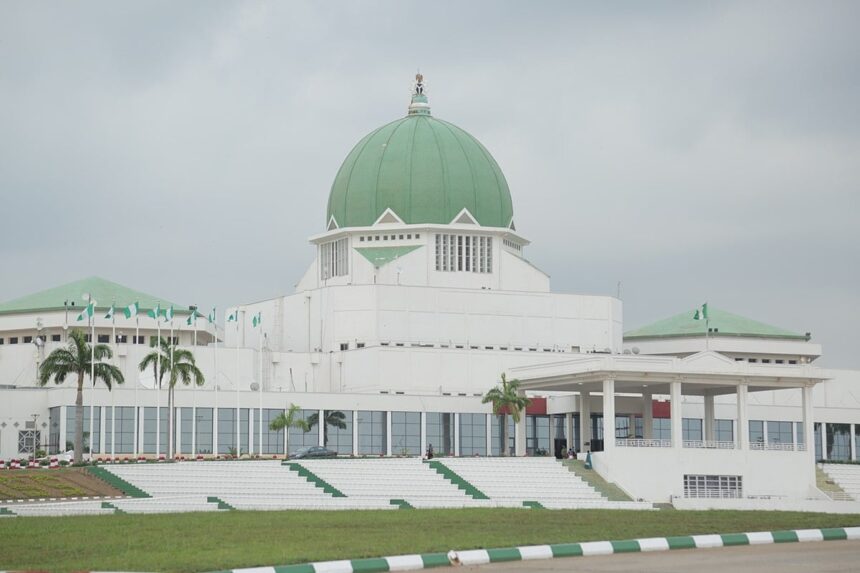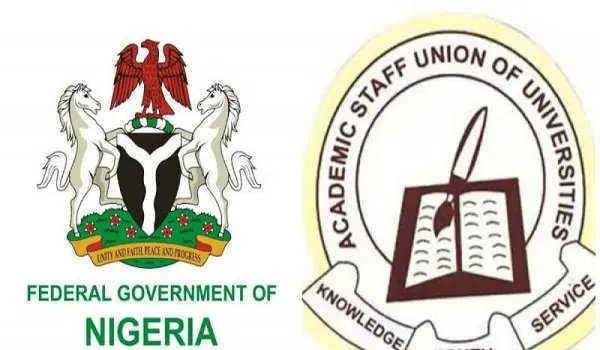Nigeria’s Federal Government has officially reintroduced History as a core subject in basic education. The change comes via a major curriculum overhaul unveiled on September 3, 2025.
Under the revised curriculum, Nigerian History becomes compulsory for all pupils from Primary 1 through Junior Secondary School (JSS) 3. At Senior Secondary level, a new subject—Citizenship and Heritage Studies—will combine History, Civic Education, and Social Studies.
Education Minister Maruf Tunji Alausa said the reforms aim to “reduce the academic burden on students while focusing on skills-based learning, digital literacy, and entrepreneurship.” Part of the changes include reducing the number of subjects taught at all levels. For example, Primary 1-3 pupils will now take 9-10 subjects instead of 13-15; Senior Secondary will drop to 8-9 subjects from a previous 15-20.
The return of History addresses concerns that its removal had disconnected many young Nigerians from their national past. In 2009, History was removed from the basic education curriculum, partly due to claims that few students were interested and there were limited career prospects. Alausa emphasises that understanding history is central to national identity and cohesion.
Implementation will begin in the 2025/26 academic year. The Federal Government says it will provide resources, teacher training, and align examination bodies (WAEC, NECO etc.) with the revised curriculum.










